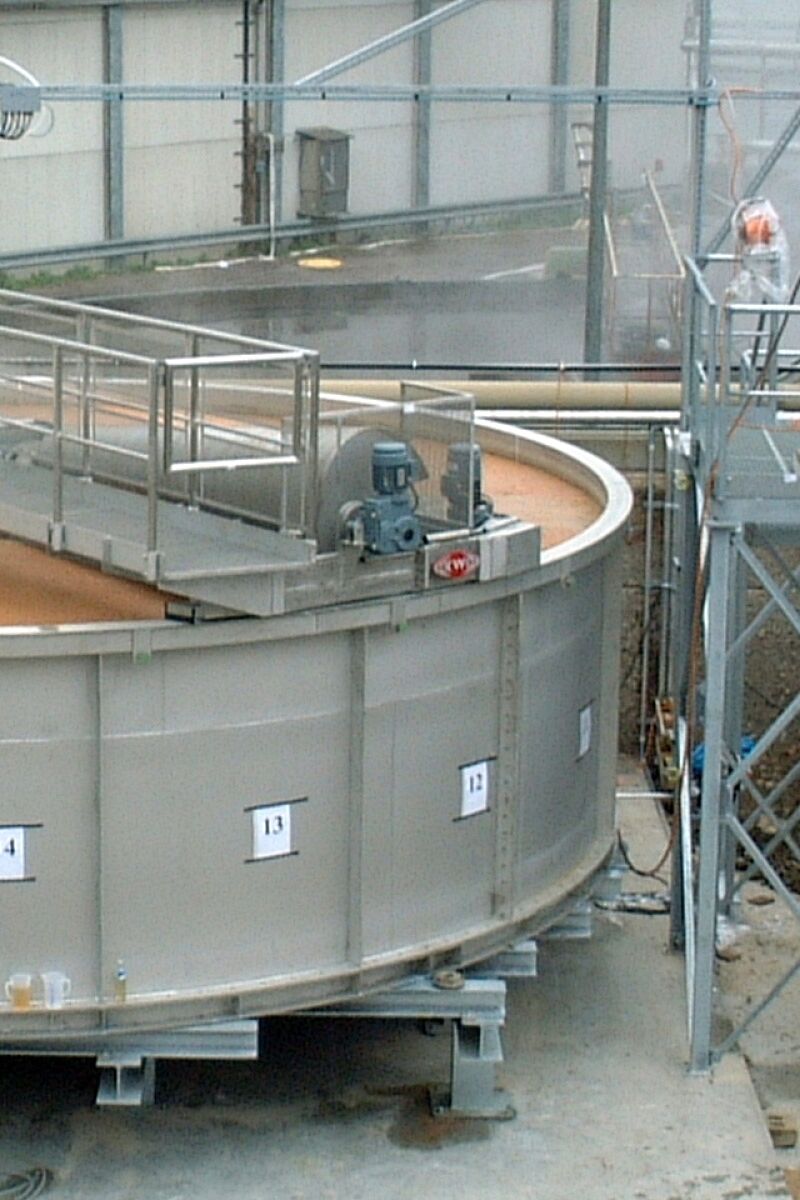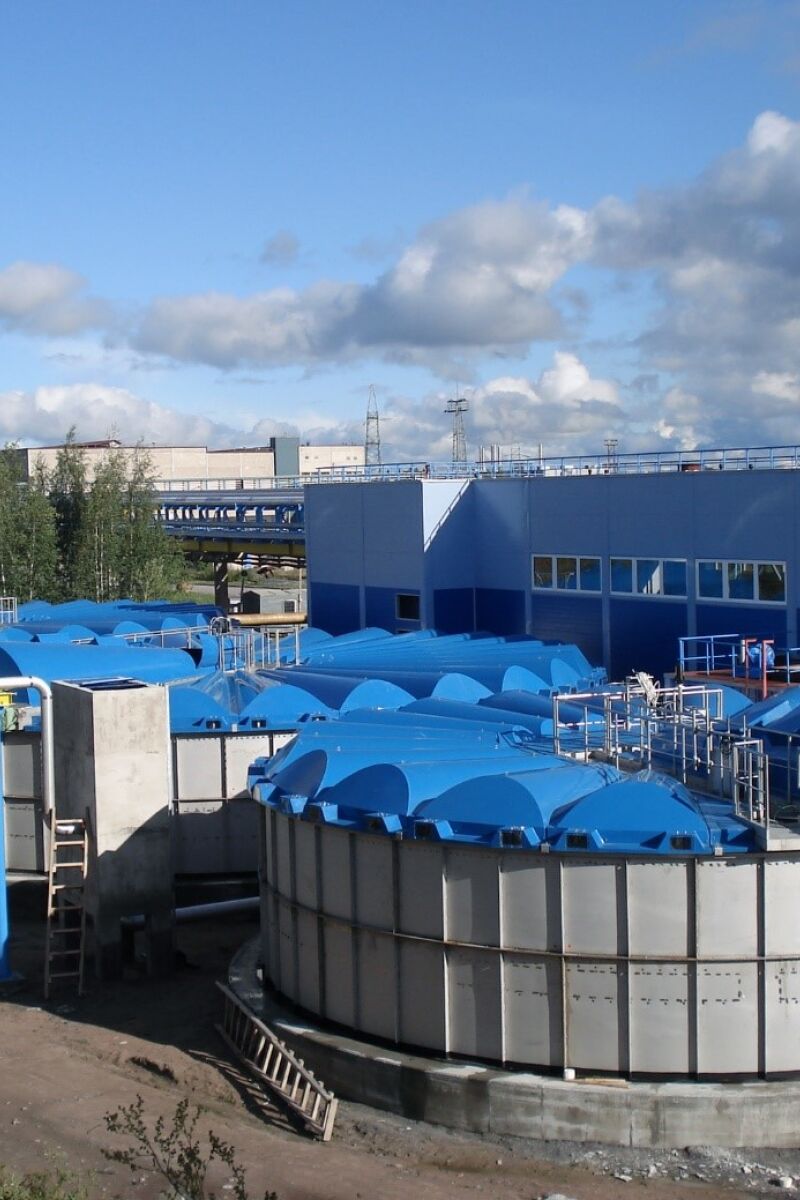Our Services
KWI offers our services to communities to supply healthy, high-quality drinking water to support changing water characteristics, to support population growth and to empower community development.
Water Supply
Engineering, Civil Works, Operation and Maintenance
Problem-Oriented Solutions
Algae Blooming
Algae blooming is an inevitable problem when waterbodies are continuously exposed to nutrients and sunlight. Existing sedimentation tanks are not capable of removing algae. Due to photosynthesis algae cells float to the surface during the day and settle to the bottom of the tank at night.
Recommended Solution: Klaricell
For Drinking Water and Algae Removal
Key Features and Benefits
Stable effluent water quality and turbidity less than 0.5 NTU
Highly efficient algae removal: up to 98%
High sludge concentration (max 5% of solid content) with low chemical consumption
Unaffected by photosynthesis


Recommended Solution: Flotofilter
For Drinking Water and Algae Removal
Existing sedimentation tanks can be retrofitted for flotofilters, by keeping and reusing the concrete structure.
Lower capital cost than conventional settlement clarifiers
Hydraulic load: up to 10 m3/(m2·h)
Equipped with surface scraper, sludge concentration up to 3%, which could be dewatered directly
DAF system combined with filtration









